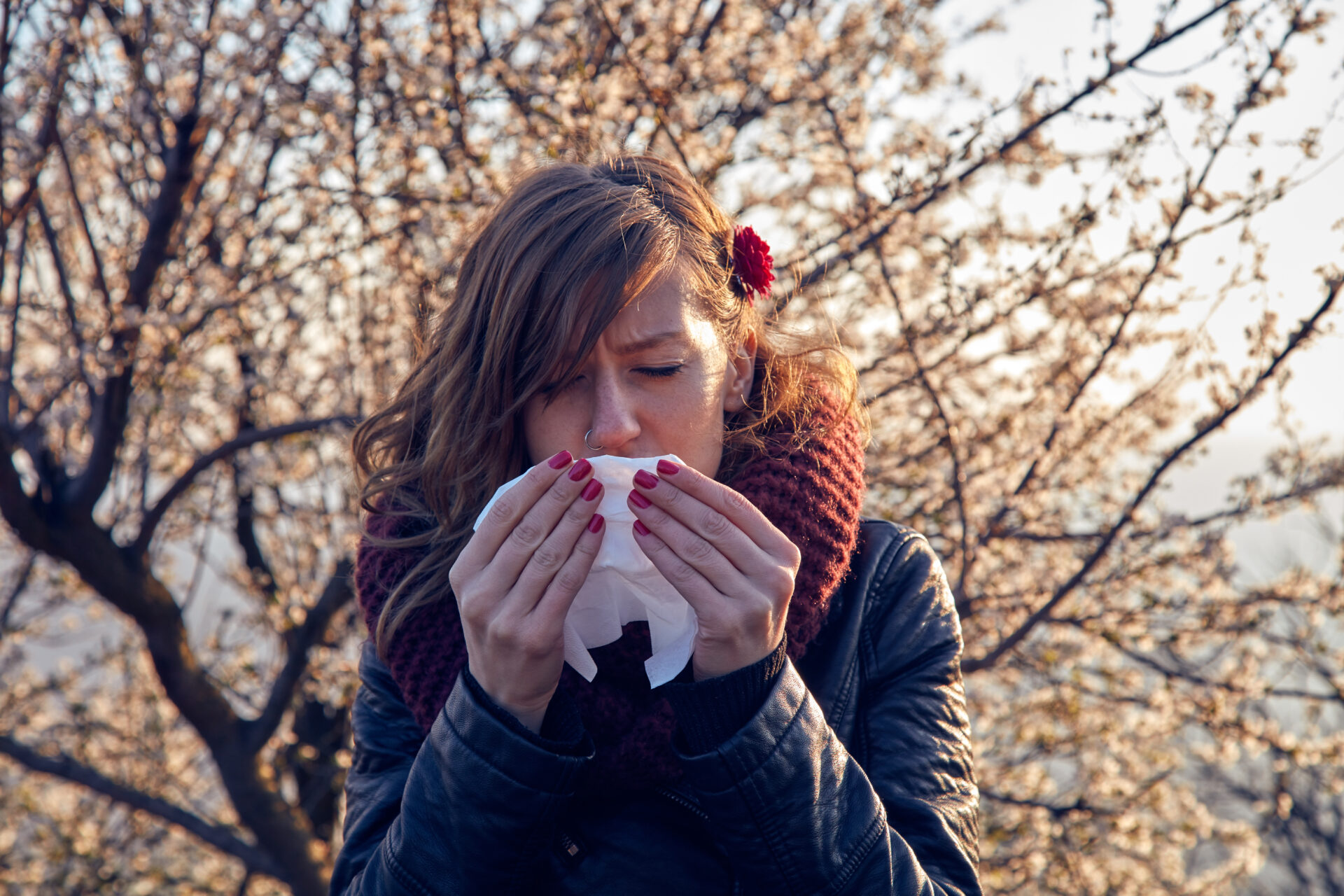Allergy season, once largely associated with spring, now spans much of the year due to different pollen types peaking in distinct seasons—tree pollen in early spring, grass pollen in late spring and summer, and weed pollen, especially ragweed, in late summer and fall. Increasingly, allergy seasons are lasting longer and becoming more severe, largely due to climate change, urbanization, and prolonged warm weather, which boost pollen production and dispersion. As allergy symptoms like sneezing, congestion, and itchy eyes persist longer, effective management is key. Strategies include monitoring pollen counts, improving indoor air quality, maintaining personal hygiene, using medications or immunotherapy, and consulting an allergist for severe or persistent symptoms. Understanding when and why allergy season occurs empowers individuals to prepare and reduce their discomfort more effectively.
For many, allergy season is synonymous with constant sneezing, itchy and watery eyes, congestion, and general discomfort. Knowing when allergy season starts and ends can help allergy patients prepare and manage their symptoms effectively.
But a couple of questions we frequently hear from our seasonal allergy patients are, “How long does allergy season typically last?” and “Is allergy season becoming longer?”
Let’s address both of these questions.
Understanding Allergy Season
Allergy season refers to specific periods during the year when particular allergens like pollen are most abundant. While many people associate allergy season primarily with spring, the reality is more complex, with different allergens peaking at various times throughout the year.
Typical Allergy Seasons by Allergen
The length of allergy season depends significantly on which allergens trigger your reactions:
- Tree Pollen (Early Spring): Typically begins in February and lasts through May. Tree pollen allergies often mark the beginning of allergy season, with common culprits including oak, birch, cedar, maple, and elm.
- Grass Pollen (Late Spring and Summer): Grass pollen season usually kicks in by late spring, often peaking between May and July. Common grasses triggering allergies include Kentucky bluegrass, Bermuda grass, ryegrass, and orchard grass.
- Weed Pollen (Late Summer and Fall): Weed pollen, particularly ragweed, starts in late summer and peaks from August through October. Ragweed is notably widespread and highly allergenic, significantly extending allergy discomfort into autumn.

Is Allergy Season Getting Longer?
Recent studies and anecdotal evidence suggest that allergy seasons are indeed becoming longer and more intense. Researchers have noted measurable changes due to several contributing factors:
- Climate Change: Increased global temperatures and elevated carbon dioxide (CO₂) levels are directly impacting plant growth, leading to more pollen production. Plants are blooming earlier in the year and continue pollinating later, stretching allergy season out considerably.
- Urbanization and Pollution: Urban environments exacerbate allergy symptoms, as air pollution can make pollen particles more potent and widespread and intensify people’s allergy symptoms.
- Extended Warm Weather Patterns: Milder winters and warmer autumn months cause pollen-producing plants to have extended growing seasons, increasing the duration and severity of allergies.
Why Is There an Allergy Season?
Allergy season occurs primarily because of natural cycles in plant reproduction. Plants produce pollen as part of their reproductive process, and wind disperses this pollen widely. Allergy sufferers react to proteins contained in pollen because their immune systems mistakenly identify the proteins as harmful invaders.
When pollen is abundant, particularly from wind-pollinated plants, individuals with allergies experience heightened immune responses, resulting in uncomfortable symptoms like excessive sneezing, congestion, and itchy, watery eyes.
Managing a Longer Allergy Season
With allergy season becoming longer and potentially more intense, proactive allergy management is essential to experiencing a more comfortable season:
- Monitoring Pollen Counts: Regularly checking local pollen forecasts can help you prepare. On days with high pollen levels, staying indoors or limiting outdoor activities, especially in the early morning and late afternoon, can reduce exposure.
- Indoor Air Quality: You can improve your indoor air quality by using air purifiers with HEPA filters, regularly changing HVAC filters, and keeping windows and doors closed during peak pollen times.
- Personal Hygiene: Showering after outdoor exposure and frequently washing your clothes can significantly reduce pollen residue.
- Medication and Treatments: Over-the-counter antihistamines, nasal sprays, and prescription allergy medications can effectively manage symptoms. Discussing treatment options with an allergist can also provide personalized care and long-term relief strategies.
- Immunotherapy: For severe allergy sufferers, immunotherapy, or allergy shots, may reduce sensitivity over time and improve overall quality of life.
When to Consult an Allergist
Persistent allergy symptoms throughout an extended season can significantly impact your daily life. Consulting an allergist is advisable if:
- Your symptoms are severe, lasting beyond a typical allergy season.
- Over-the-counter medications fail to provide adequate relief.
- You experience frequent sinus infections or respiratory issues.
Professional allergists can identify specific allergens through diagnostic testing and develop customized treatment plans, significantly improving symptom management.
As allergy seasons become longer and more intense, it’s important to recognize when they start and end and understand why they occur. Doing so can help you better manage symptoms and reduce discomfort. Staying informed, taking preventative measures, and consulting with medical professionals ensures a proactive approach to dealing with increasingly prolonged allergy seasons.
If allergy season is causing discomfort, talk to the skilled allergists at Langford Allergy.
Dr. Langford, Dr. Mathew, and our team of allergy specialists understand the discomfort and frustration that allergy season brings. Let us help you identify the exact allergens you’re allergic to and create a treatment plan that will keep you breathing easy all season long.
Schedule an allergy consultation today: 478-787-4728
Langford Allergy delivers allergy, asthma, and immunodeficiency care to patients throughout Middle Georgia, including:
- Bonaire, GA
- Byron, GA
- Forsyth, GA
- Fort Valley, GA
- Gray, GA
- Macon, GA
- Milledgeville, GA
- Perry, GA
- Warner Robins, GA
And other surrounding areas.
Related articles:
